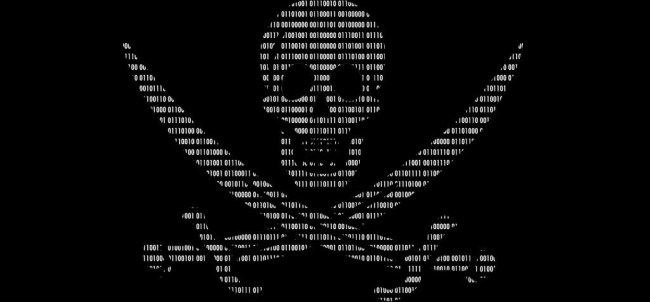
The U.S. Chamber of Commerce has released findings from a study by MarkMonitor, a brand protection firm. The study perused the Web for sites hosting illegal copies of 10 major digital brands (movies, music, etc) and found that 43 major sites that sold digital pirated goods generated more than 146 million visits every day. That’s about 53 billion visits a year.
More interesting, visits to digital pirating sites in one day (146 million) are greater than an entire year’s worth of combined visits to counterfeited physical goods (87 million) and counterfeit prescription drugs (51 million).
The U.S. Chamber of Commerce isn’t too happy about the news. “Whether it is the sale of counterfeit bags and fake pharmaceuticals or illegal distribution of movies, music, and software, online IP theft is theft—plain and simple,” said Steve Tepp, senior director of Internet counterfeiting and piracy for the Global Intellectual Property Center at the U.S. Chamber of Commerce. “Rogue websites have no place in a legitimate online market. If left unchecked, these sites will continue to flourish at our expense and further hinder our economic growth. The MarkMonitor report underscores the urgency of enacting proactive policies to enhance enforcement tools to shut down these rogue websites.”
So, what’s the deal?
The publication of this ‘study’ is suspicious. It comes as the U.S. Gov’t has been ramping up action against pirating Websites and Congressional lawmakers have been trying to pass COICA, a law that would allow the Gov’t to more easily seize domains and take action against sites it deems pirate friendly.
If these numbers are right, we all must be pirates. I mean 53 billion visits, that’s a lot. Of course, it gives us no indication about how many actual people are pirating. There is also no evidence that any of the 53 billion visits equated to an illegal download. Does staring at a stolen good make you a criminal? On top of that, we don’t know if someone who downloads, say, a Britney Spears album on a “digital piracy” site would have ever paid $15 to buy the music in the first place. Digital album sales were up in 2010, by the way.

